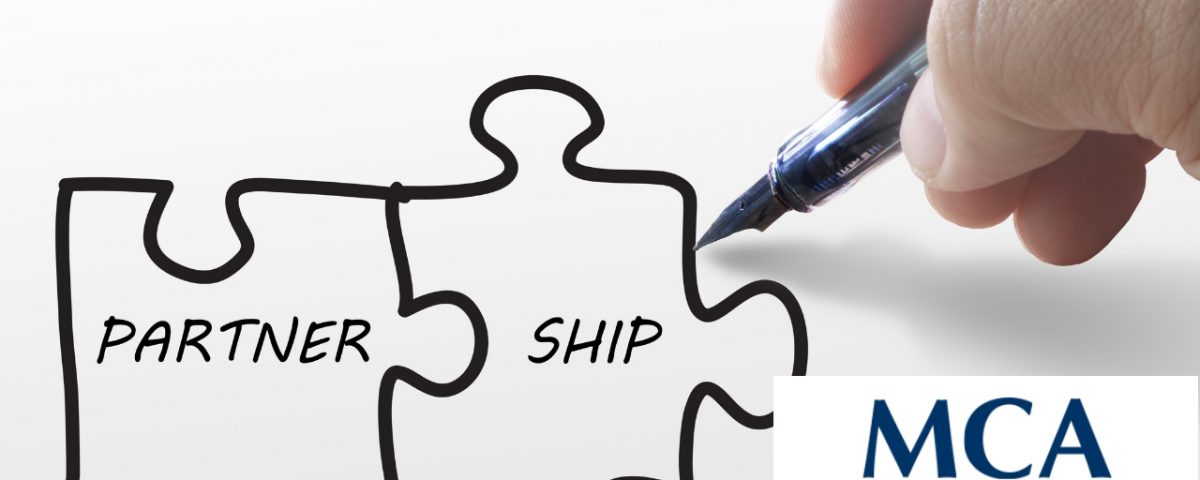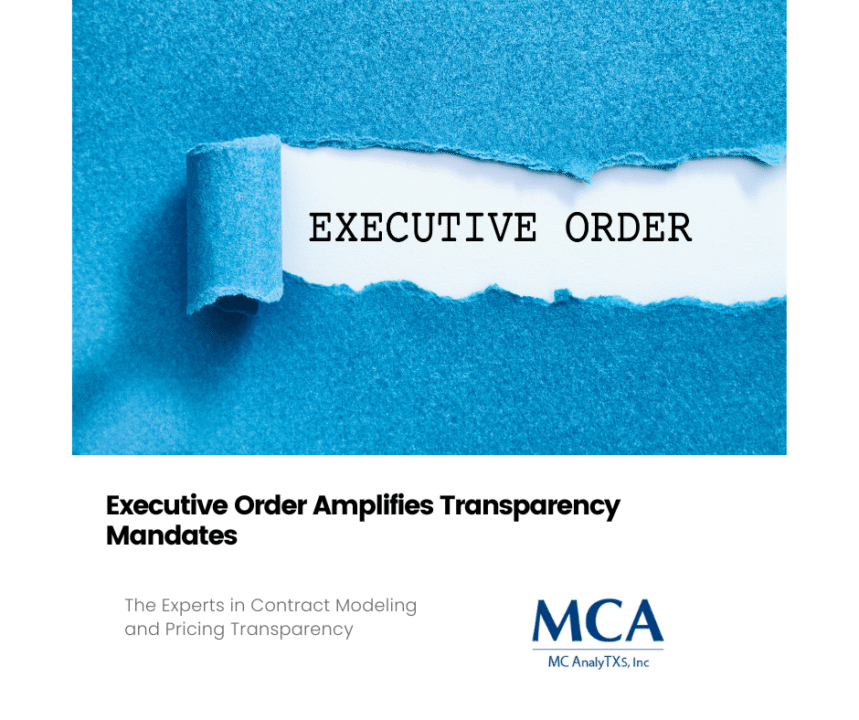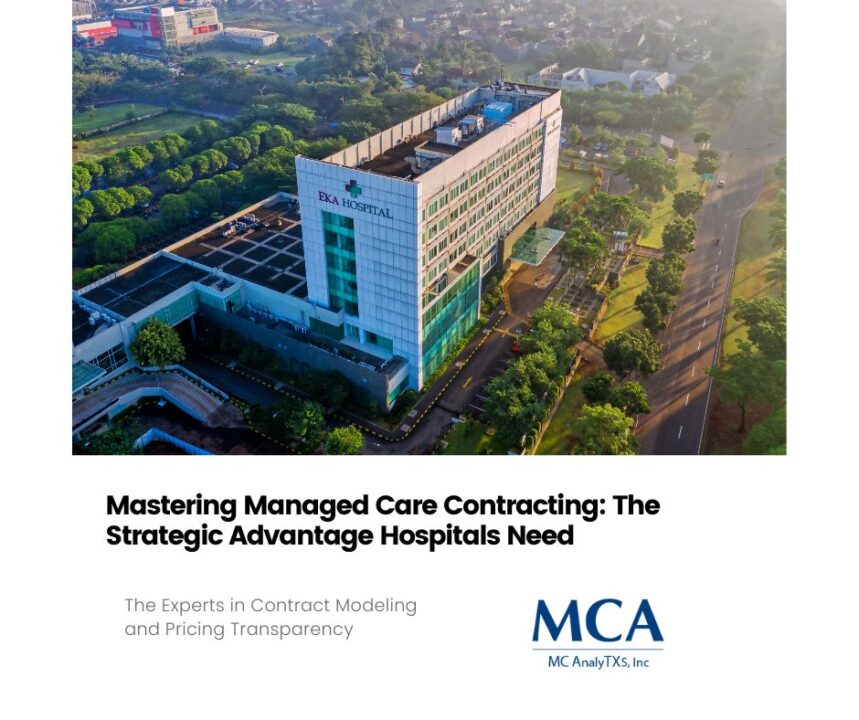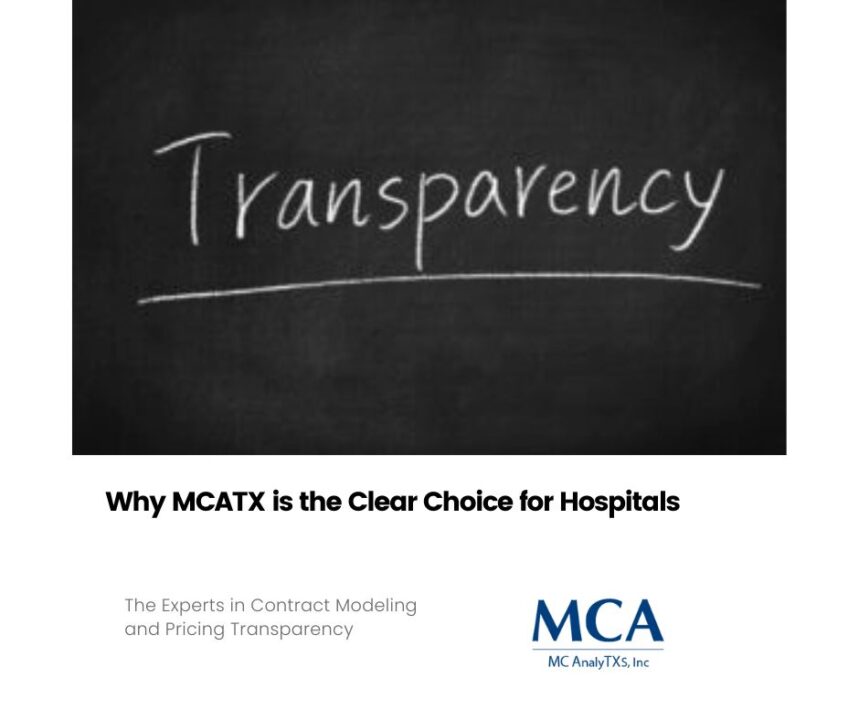
Happy New Year 2023!
January 5, 2023
Unlock Your Healthcare Organization’s Potential with RCM Software
January 23, 2023Revenue cycle management (RCM) is a comprehensive approach to the management of all financial transactions that occur between a healthcare provider and its patients. It includes the processes for billing, payment, collections, and accounts receivable. In short, revenue cycle management is one of the most important aspects of running a successful healthcare organization. To ensure sustainability and success within your organization’s RCM you must be up to date with the latest technological advancements happening within healthcare.
There are several key benefits to having an effective RCM system in place. First and foremost, it helps when you outsource to a team of professionals who ensure that your organization is up to speed with the latest technological advancements. This is especially important as medical costs continue to rise due to advances in technology and treatments. With an efficient RCM team and a proven system in place, healthcare organizations can better manage their cash flow by ensuring that they receive payment quickly and accurately.
Another benefit of outsourcing RCM is that it streamlines the process of managing patient data. By automating certain tasks such as billing and payments, RCM allows healthcare organizations to spend less time on administrative tasks and focus more on providing quality patient care. Additionally, automated RCM systems reduce the risk of human error by eliminating manual data entry tasks which can lead to inaccurate billing or payments being sent out late or not at all.
Finally, having an effective RCM system in place also helps keep track of patient records and insurance information more easily. This makes it easier for healthcare providers to follow up with patients when needed and obtain the necessary documentation from insurers in order to get paid faster for services rendered.
Revenue cycle management (RCM) is essential for any healthcare organization looking to maximize its efficiency and profitability over time. Not only does it help ensure that providers get paid quickly and accurately for services rendered but it also streamlines administrative tasks such as billing and payments while reducing the risk of human error associated with manual data entry processes. The benefits of implementing an effective RCM system are clear – increased cash flow through improved payment collection processes, streamlined data management capabilities, and better communication with patients and insurers alike – making them invaluable tools for any healthcare business looking to grow its bottom line over time.
Learn more by joining our upcoming webinar Thursday, January 19th at 1 pm CST





